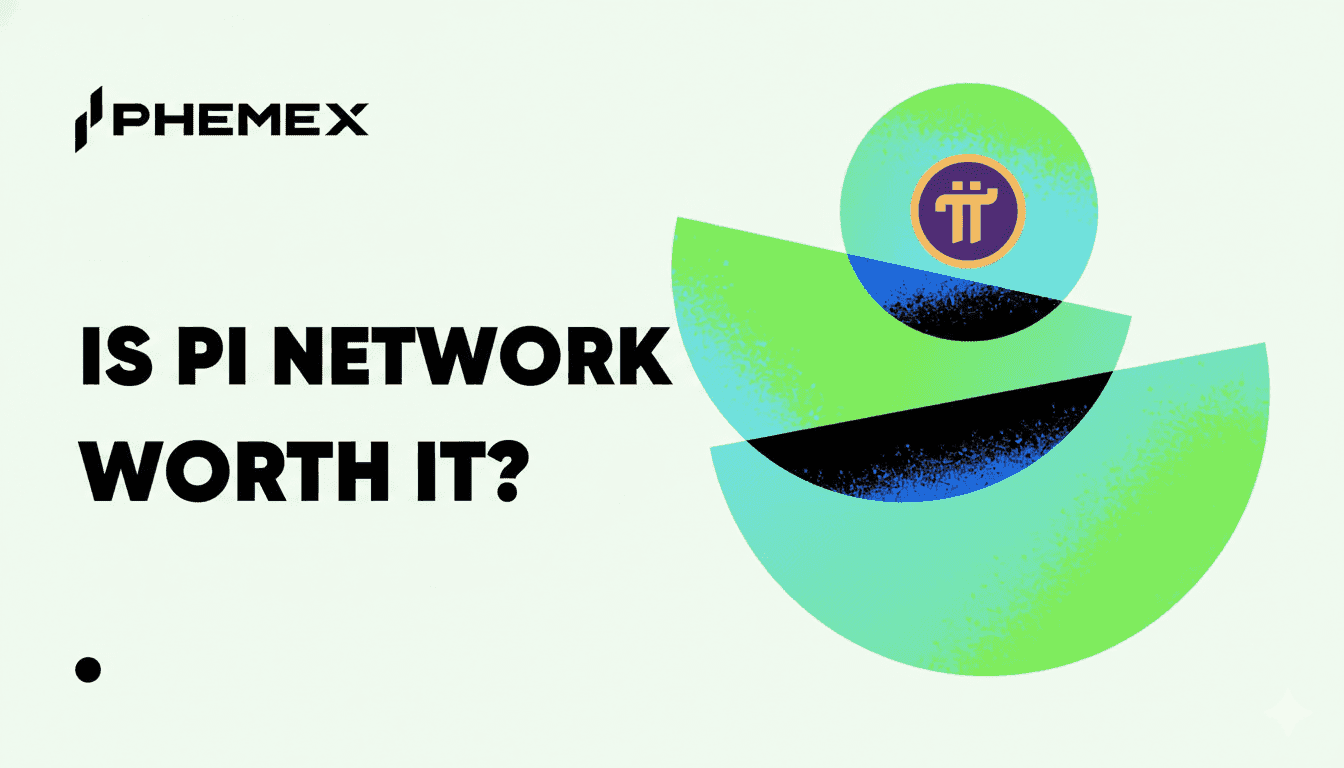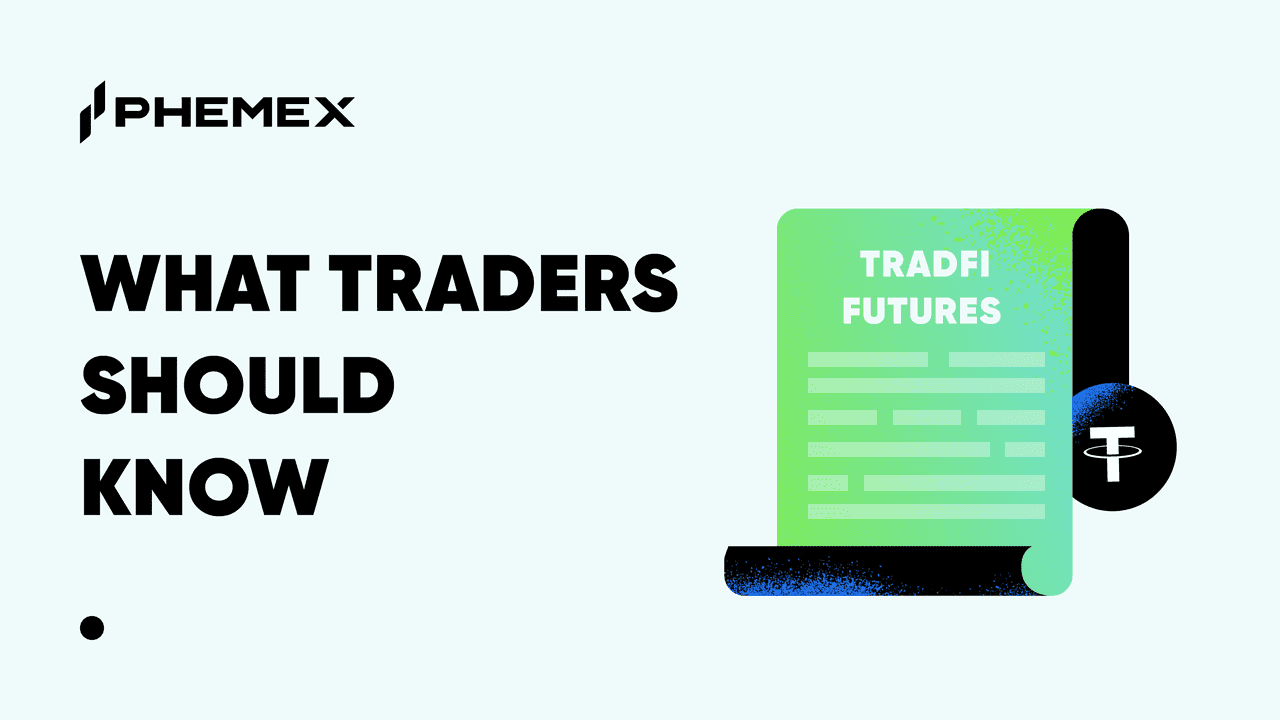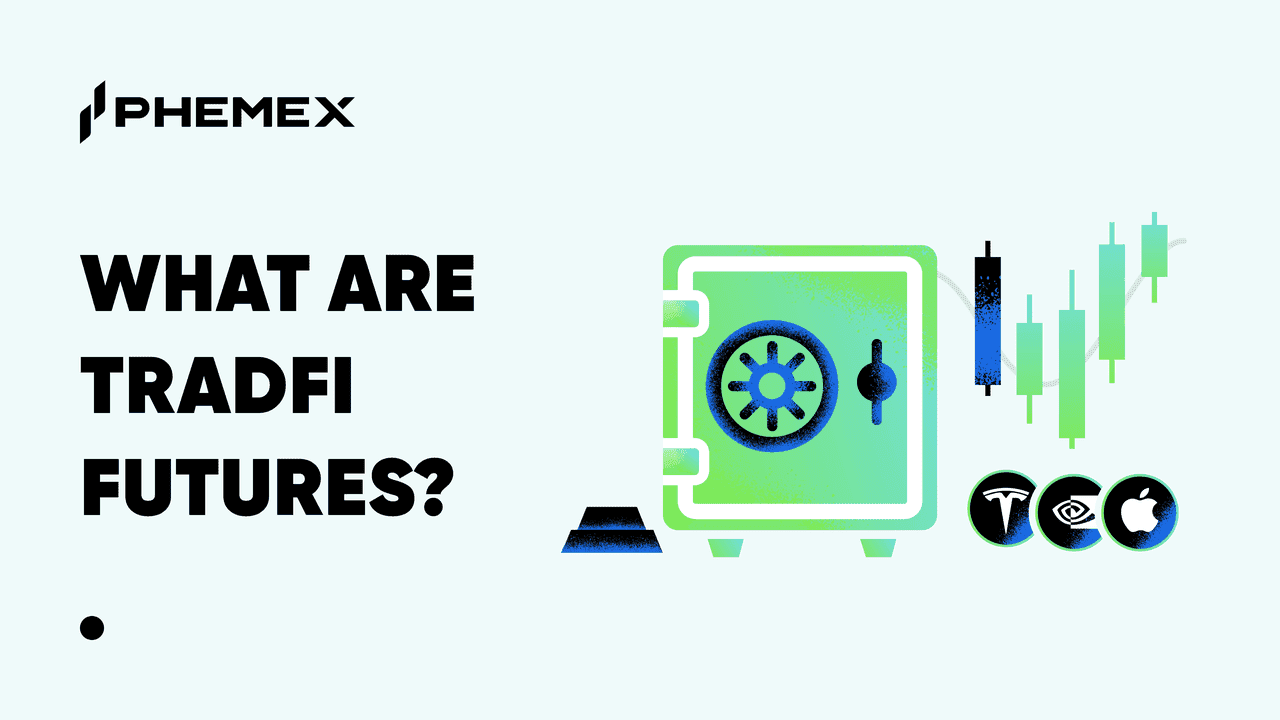What is the Kimchi Premium?
Cryptocurrencies have seen wide adoption in South Korea. High demand combined with government regulations has led to higher prices on South Korean crypto exchanges, compared with other global exchanges. This phenomenon, called the Kimchi Premium after the Korean pickled vegetable dish, has been a notable feature of the crypto world for years.

Where Does the Kimchi Premium Come From?
The Kimchi Premium is primarily driven by South Korea’s restrictive capital controls i.e., regulations restricting capital flowing in and out of the country. Such restrictions are relatively enacted in emerging markets to manage the level and influence of foreign investments. In South Korea’s case, capital controls were tightened in 2010 to ensure economic stability for the country in the wake of the 2008 financial crisis.
These controls make it time-consuming and relatively difficult for exchanges to move large amounts of global, decentralized cryptocurrencies such as Bitcoin into the country. Simultaneously, they significantly limit the ability of South Korean residents to obtain cryptocurrencies from international exchanges. As a result, exchanges in South Korea can sell their relatively limited cryptocurrencies at higher rates to meet domestic demand. This phenomenon was first observed around 2016 and has been a notable feature of the crypto market ever since.
Why Does the Kimchi Premium Persist?
Normally, in a global context differences in asset prices across markets roughly even out over time. So why is the Kimchi Premium still going strong five years after it was first observed? Well, there are several contextual factors at play.
The Kimchi Premium and Bitcoin Arbitrage
Some enterprising traders try to take advantage of the Kimchi Premium through arbitrage, which is essentially exploiting differences in the pricing of specific assets in different markets for financial gain. Arbitrage often serves to resolve market inefficiencies and price differences.
In the case of the Kimchi Premium, arbitrage involves buying Bitcoin or other cryptocurrencies from non-South Korean exchanges and selling them in South Korea for a profit. However, this is not as straightforward as it sounds. South Korean traders who do this need to exchange their South Korean currency for a different currency in order to buy crypto internationally before trading it within the country. This process takes time, which is risky due to the general volatility of crypto assets. Dramatic price movements could suddenly render arbitrage efforts unprofitable before they can be completed.
Additionally, due to the above mentioned capital controls, exchanging money internationally can expose South Korean traders to taxation, yearly limits on international transactions, and other expenses. For example, since Bitcoin is legally considered a commodity in South Korea, residents must pay customs when they buy it.
How does the Kimchi Premium influence Foreign traders?
It’s not just South Korean traders who face challenges when it comes to this “kimchi arbitrage.” South Korean crypto exchanges require each user to provide a South Korean phone number and bank account. For foreign traders located outside South Korea, both of these can be difficult to obtain. However, for foreigners residing in South Korea, arbitrage can be very lucrative. The South Korean government recently flagged an eight-fold increase in foreign remittances to China, with one possible factor being Chinese traders profiting from crypto arbitrage while living in South Korea. These activities have been the focus of discussions regarding further government regulation over cryptocurrency flows.
Another downside of Kimchi arbitrage is the transaction fees involved, which can cut into profits. When blockchains such as Bitcoin are in high demand traders often have to pay higher transaction fees to have their transactions processed in a timely manner. Under a time-sensitive arbitrage strategy, these fees can be unavoidable. Some researchers have argued that all of these factors combined with South Korean government capital controls make it difficult to resolve the price disparity. Since South Korean access to international exchanges is restrained, arbitrage tactics cannot provide them with an advantage over the Korean exchanges’ inflated prices. This accounts for the continuation of the Kimchi Premium over time.
Why Does the Kimchi Premium Matter in Global Crypto Markets?
Globally, a high Kimchi Premium is sometimes seen as signifying fervor in cryptocurrency demand and peaks in crypto market cycles. The size of the Kimchi Premium has varied widely over time. Between 2016 and 2018 Bitcoin was 4.73% more expensive on average in South Korea than in the US, but at times the difference has reached as high as 63%.
The premium tends to peak as global demand for Bitcoin and other cryptocurrencies reaches all-time highs. Famously, peaks in the Kimchi Premium and looming regulation by the South Korean government preceded major global corrections in the 2017/18 crypto market cycle. In January 2018, weeks after Bitcoin reached a peak of nearly $20,000 USD in December 2017, South Korea announced plans for a regulatory crackdown on crypto trading. This led to an immediate plunge in the market. In the context of other regulation-related fears in the US and China, Bitcoin lost more than half its value in two weeks and continued to dwindle over the following months.
A Kimchi Discount
In bear markets, the Kimchi Premium becomes much less pronounced and can even turn into a Kimchi discount where cryptocurrencies trade for less in South Korea compared to global markets.
In the present crypto bull market, the Kimchi Premium has come back in full force, reaching as high as 18%. However, some argue that the Kimchi Premium doesn’t indicate the same market dynamics now as it did in the 2017/18 cycle due to multiple emergent factors. These include wider interest and earnest cryptocurrency adoption by South Korean people of all ages as a hedge against inflation. However, it is still significant as a general indicator of demand for cryptocurrencies, as South Korea remains one of the largest crypto markets.
What Will Happen to the Kimchi Premium?
Overall, the Kimchi Premium seems likely to persist at this point, but cryptocurrency trading as a whole in South Korea is facing headwinds. Recently tightened crypto trading regulation and anti-money laundering laws have further restricted exchange operations. Cryptocurrency exchanges in South Korea are now required to register as virtual asset providers, partner with banks, implement anti-money laundering rules, and enforce know-your-customer (KYC) policies, among other conditions.
The deadline for complying with these requirements is September 2021, and so far no exchange in the country has complied. The chair of South Korea’s Financial Services Commission recently stated that all 200 crypto exchanges operating in the country could be shut down as of September 2021if they do not comply. Such a development would significantly hinder the further adoption of cryptocurrencies in the country. Considering the South Korean cryptocurrency market’s size and the events that followed proposed regulations in 2017, a crackdown on exchanges may affect global cryptocurrency prices as well.
The following months will reveal whether these exchanges will comply with the government’s stipulations — perhaps they are only taking time to prepare their responses or evaluate feasibility. Some of the requirements — in particular, the stipulation to form partnerships with local commercial banks will likely be feasible for only a few of the country’s largest exchanges. This is partially because banks will charge fees for certifying systems, which smaller firms may not be positioned to pay. Some have also criticized these measures for making crypto markets dependent on the approval of the traditional banking system. This, they argue, hinders decentralization and could even serve as a conflict of interest for the banks.
Meeting all of these new requirements will take time and effort, and few exchanges are likely to meet the September deadline without significantly changing their operations. This means that while some exchanges could make it out unscathed, many others (especially smaller ones) could get squeezed out by the new regulations. The concentration of crypto flows through a small number of exchanges could exacerbate the Kimchi Premium problem if crypto demand remains high.
In any case, the Kimchi Premium seems likely to continue as long as crypto continues to boom, the exchanges stay operational, and South Korea’s strict regulations remain in effect. However, major changes in any of these factors could lead to a fall in the Kimchi Premium as well as further effects on crypto markets globally.
Conclusion
The Kimchi Premium may or may not accurately measure fervor or speculation in crypto markets globally, but it does generally indicate demand for cryptocurrencies — and demand is higher than ever. That said, it remains to be seen how the situation will be affected by continued government efforts to regulate cryptocurrency flows. If the government and the crypto exchanges cannot reach a compromise by September, the Kimchi Premium could turn into a “Kimchi Apocalypse” as exchanges are shut down. This would have serious negative impacts on the free exchange of cryptocurrencies in South Korea and crypto markets globally.
Truly decentralized finance is the dream most often expressed by proponents of cryptocurrencies today. However, the Kimchi Premium illustrates the significant influence national governments still exercise over crypto markets. It also emphasizes how the growth and adoption of cryptocurrencies remain contingent on national policy frameworks. Much progress is still to be made on this front as cryptocurrencies continue to evolve.
Read More
- What is Cryptocurrency Arbitrage?
- Efficient Market Hypothesis (EMH): Does Crypto Follow?
- What is Cryptocurrency & How It Differs From Digital Cash
- How To Trade Crypto: The Ultimate Investing Guide
- July Crypto Market Analysis
- What is AML in Cryptocurrency Markets
- May 2021 Crypto Market Analysis
- Why Does Bitcoin Have Value?







